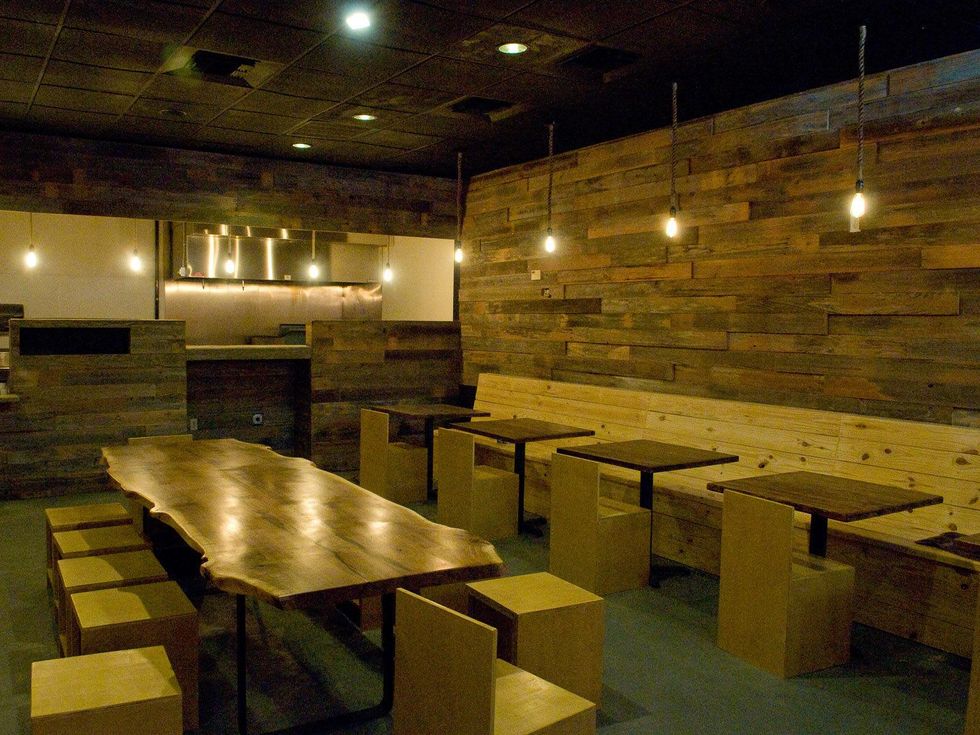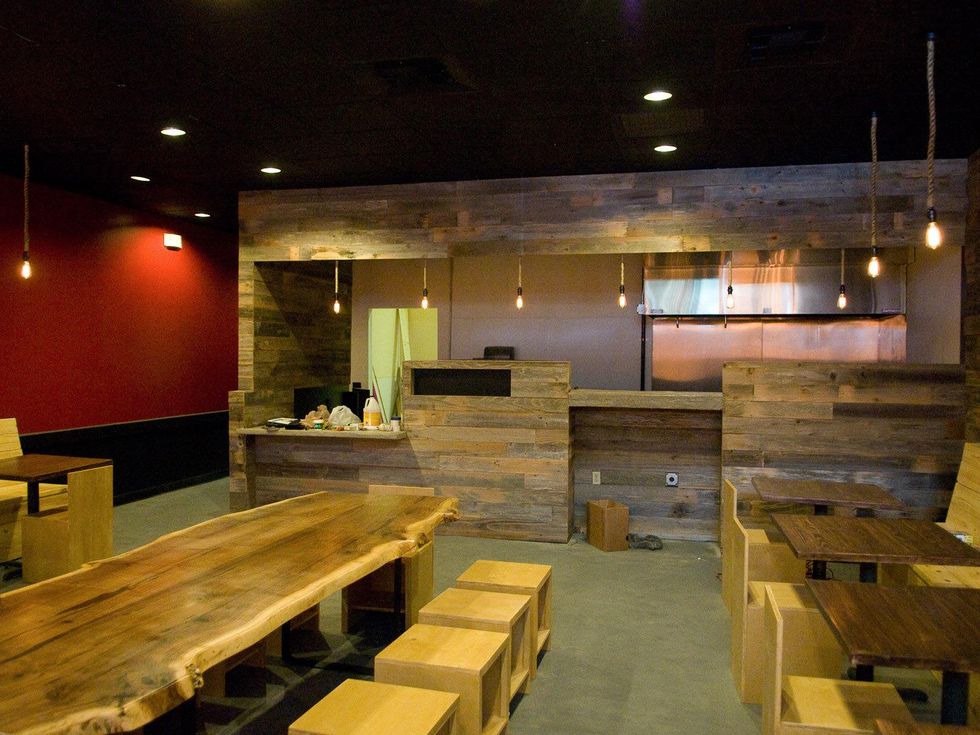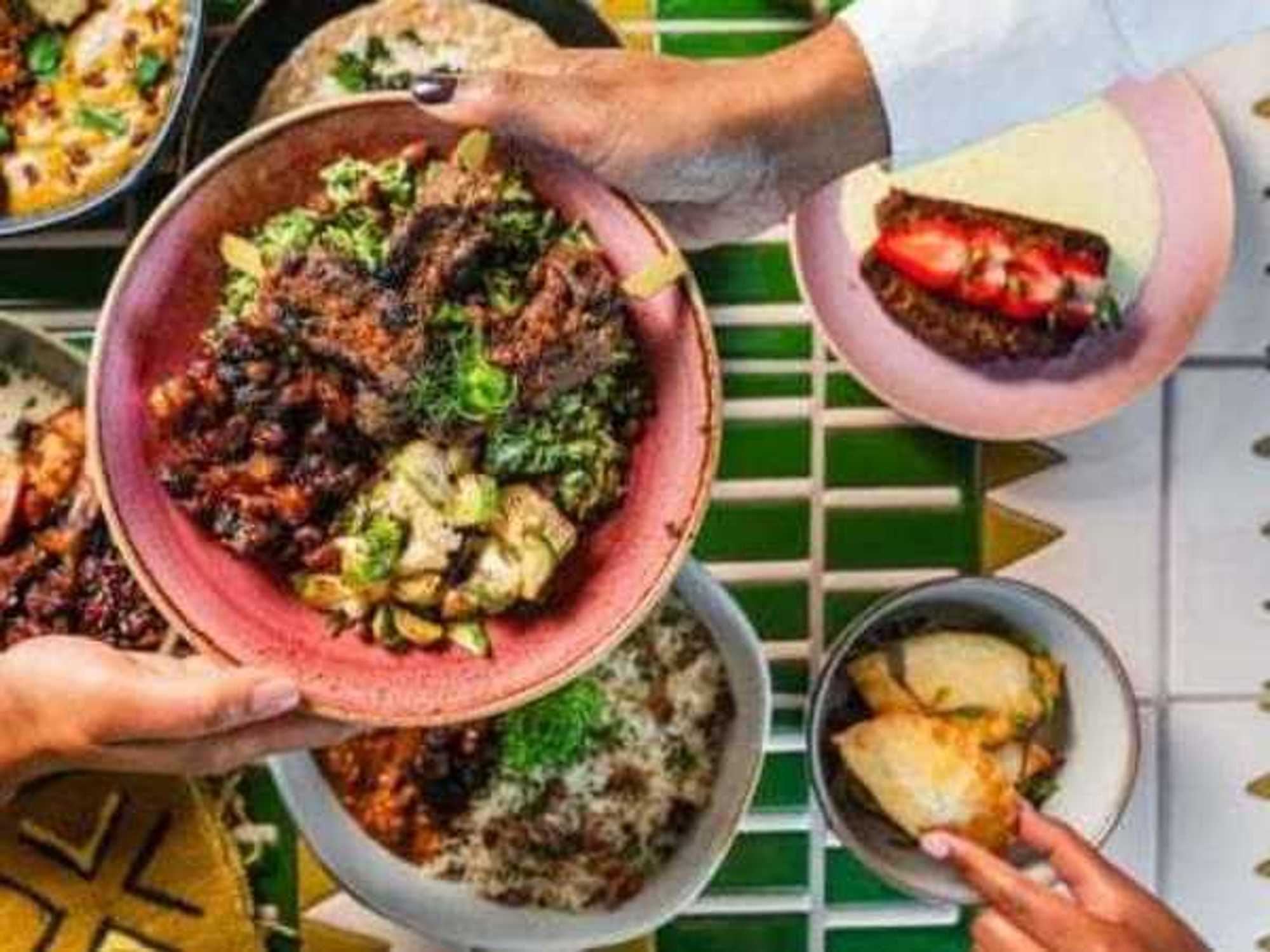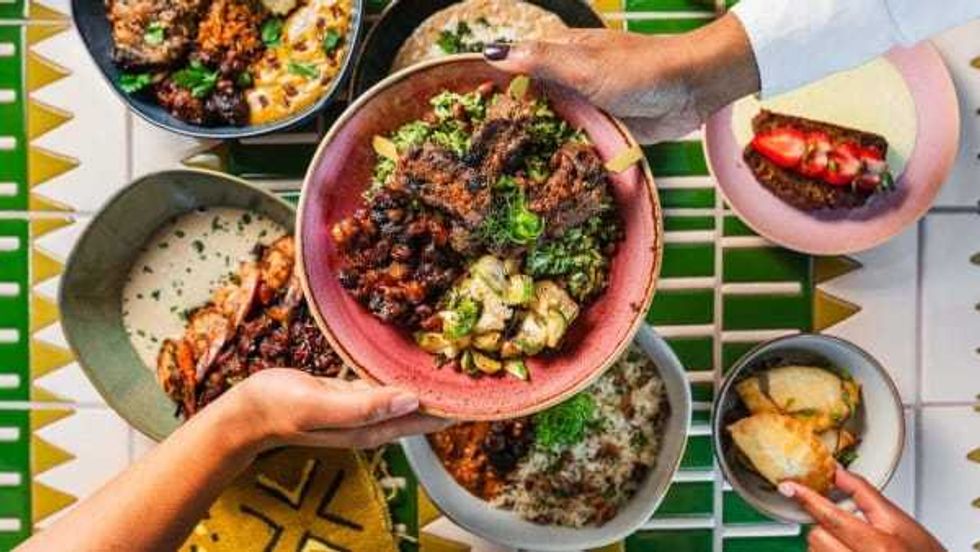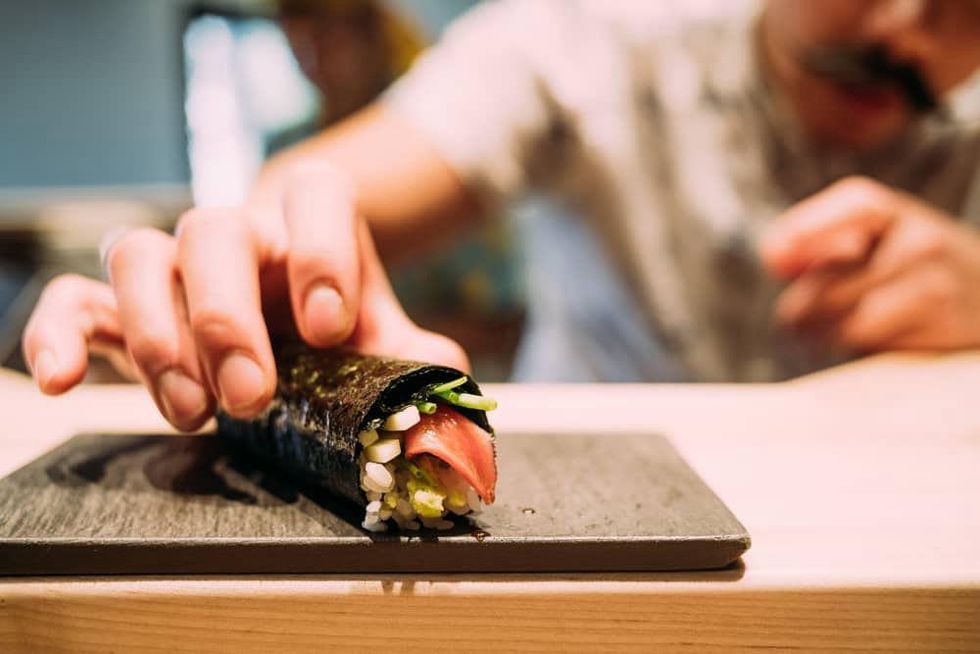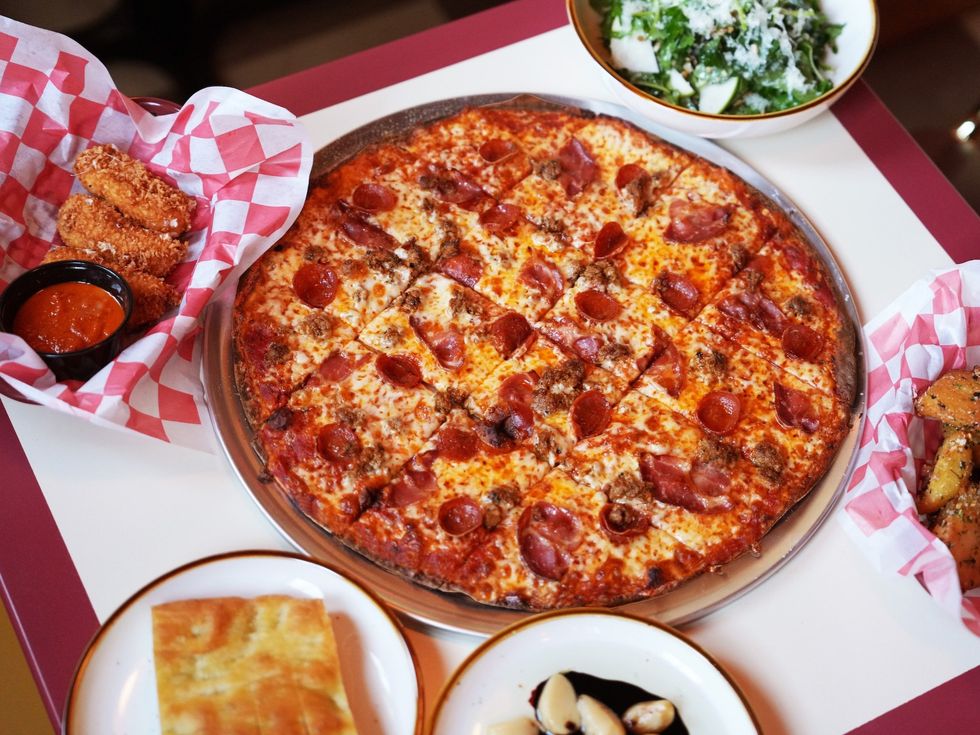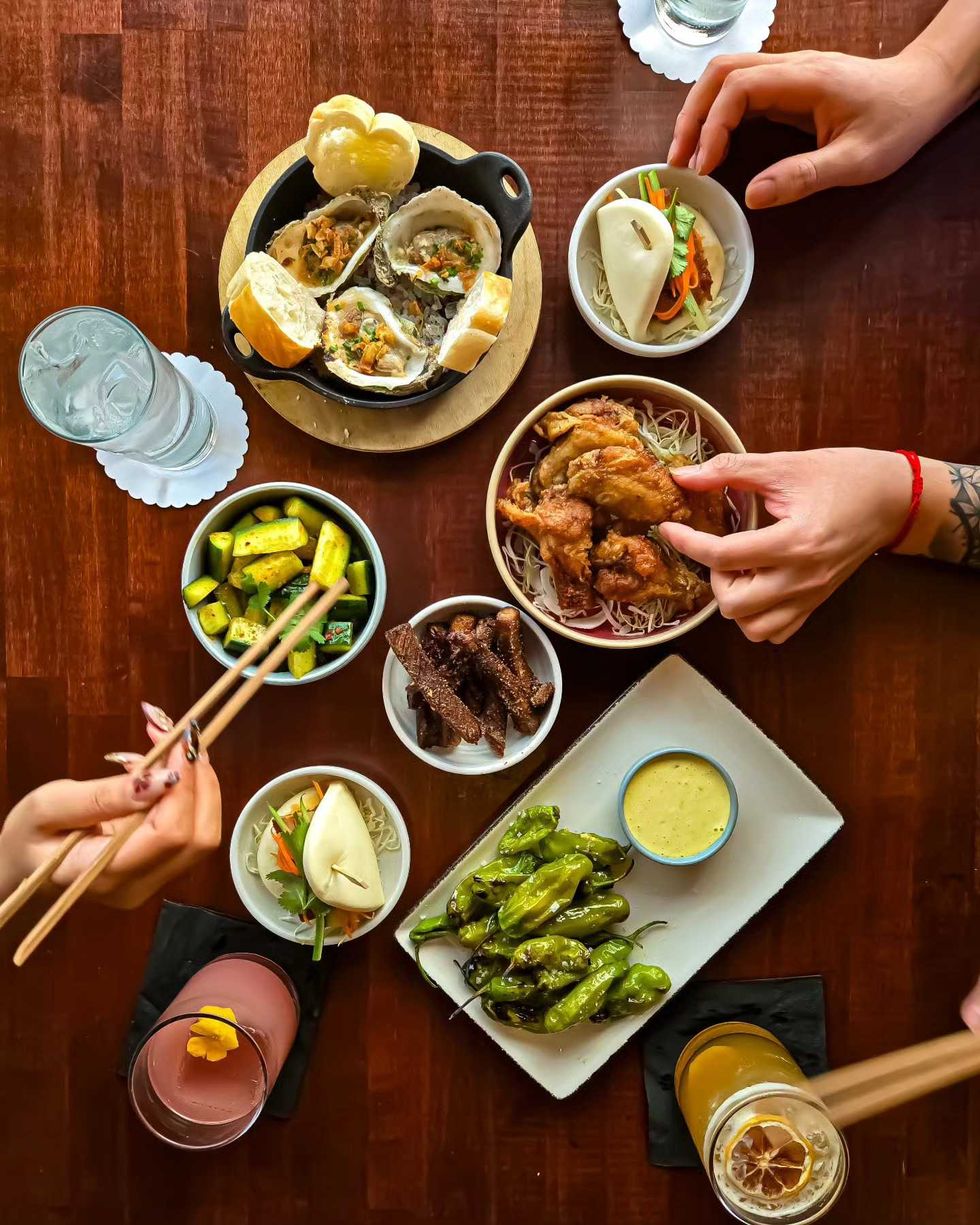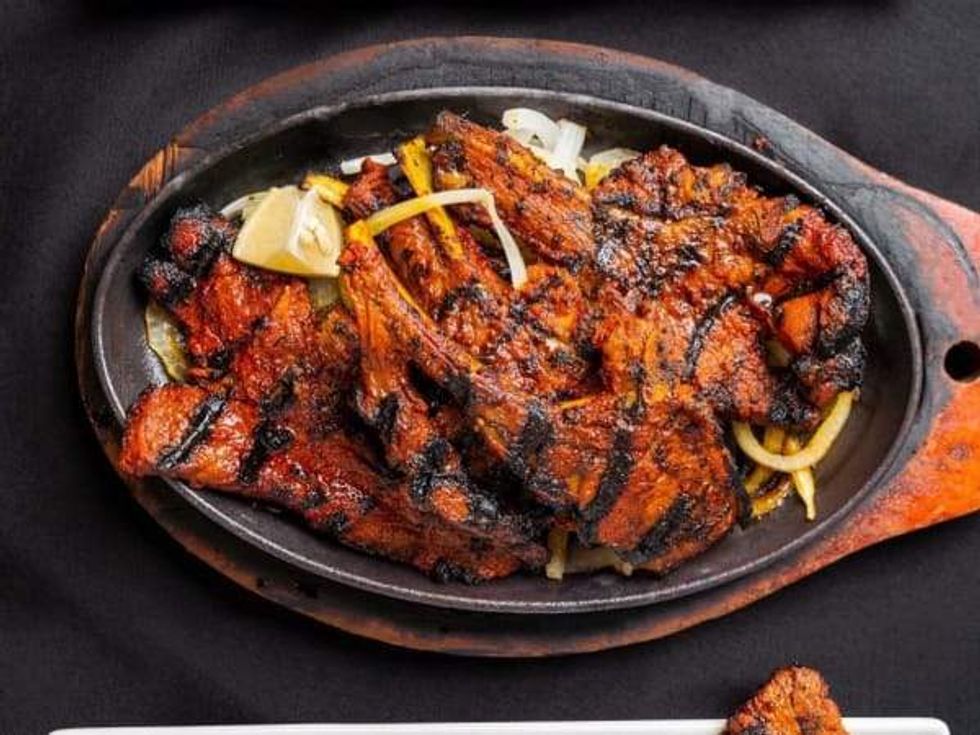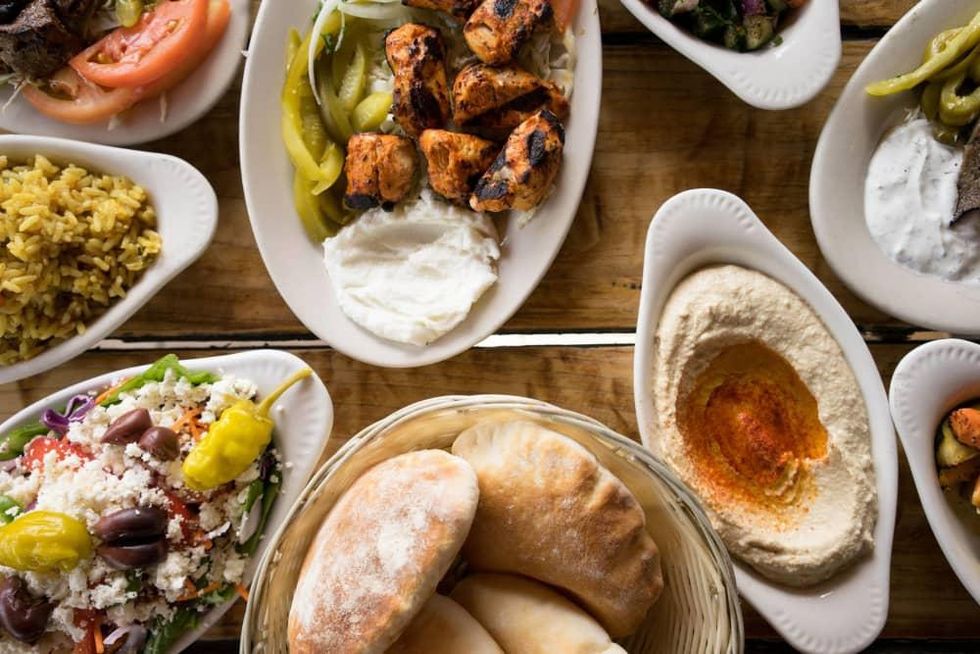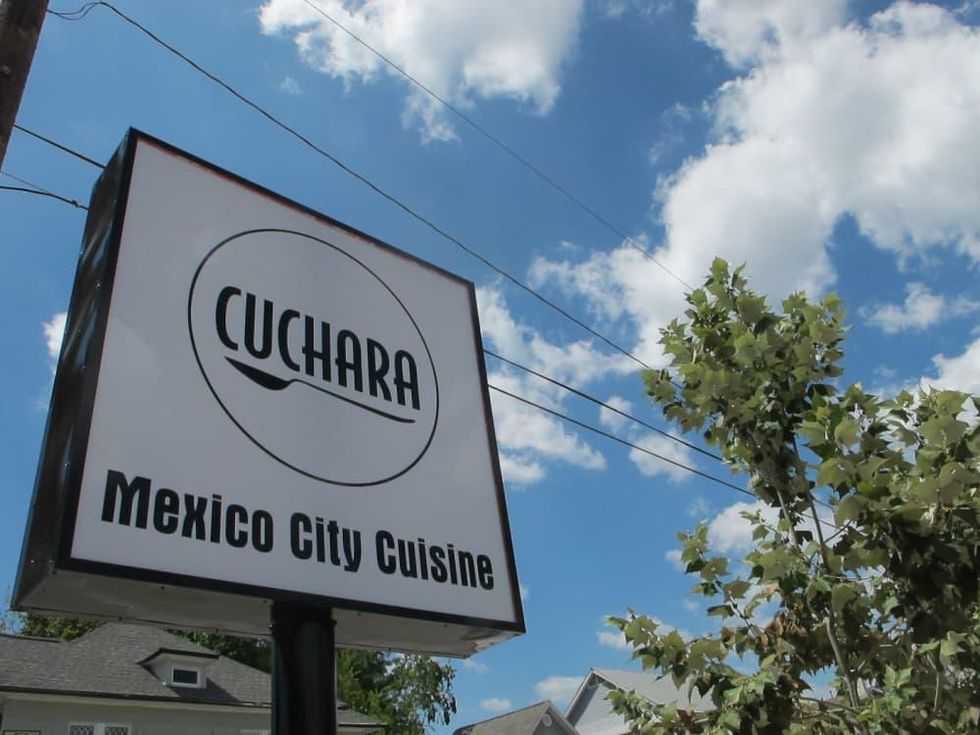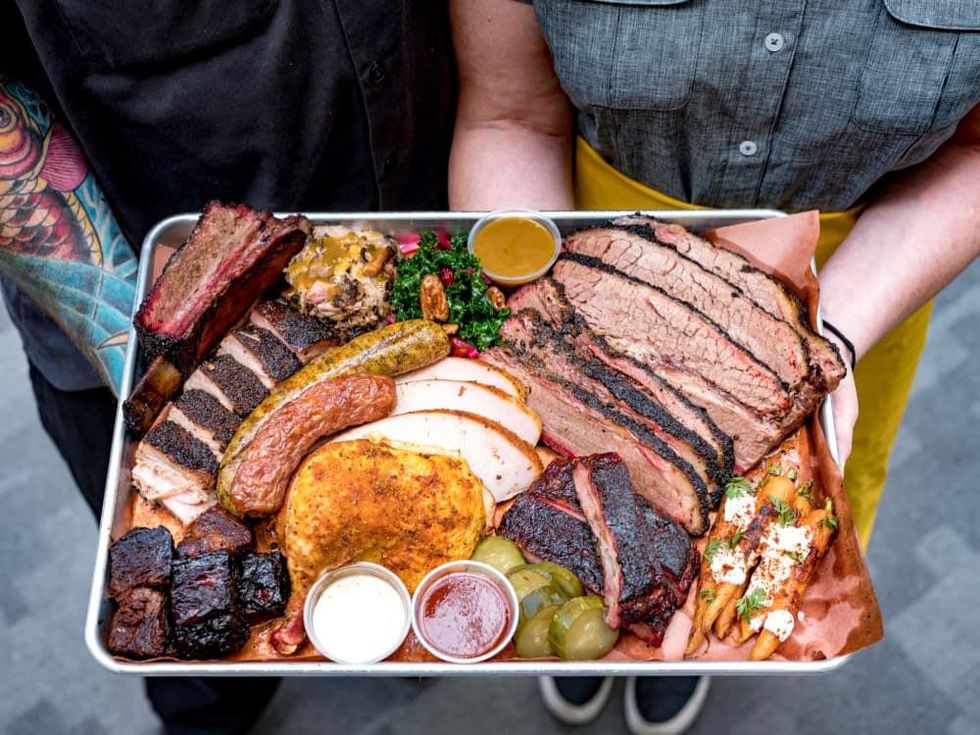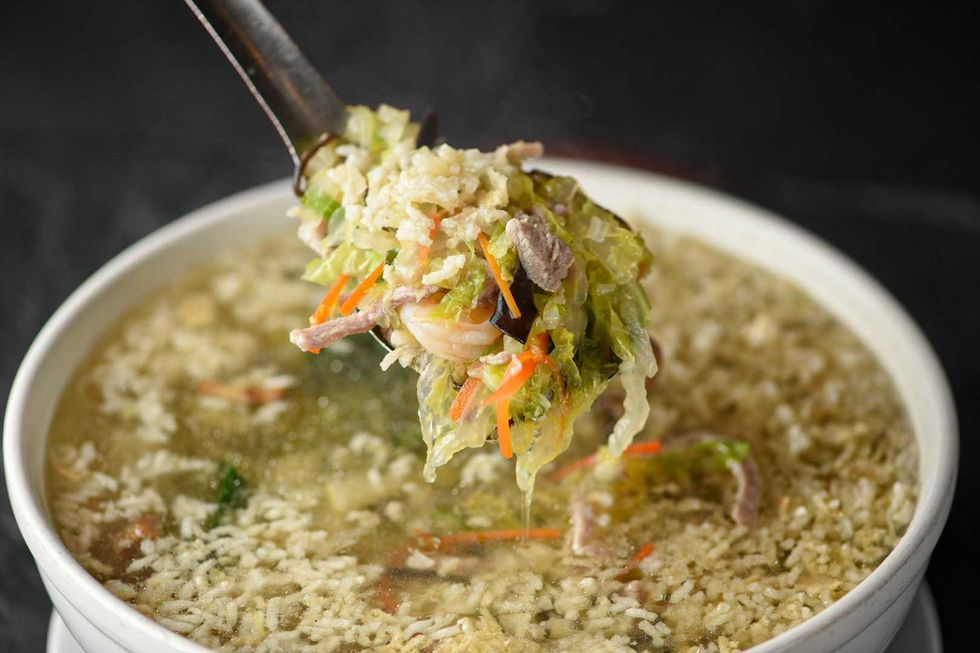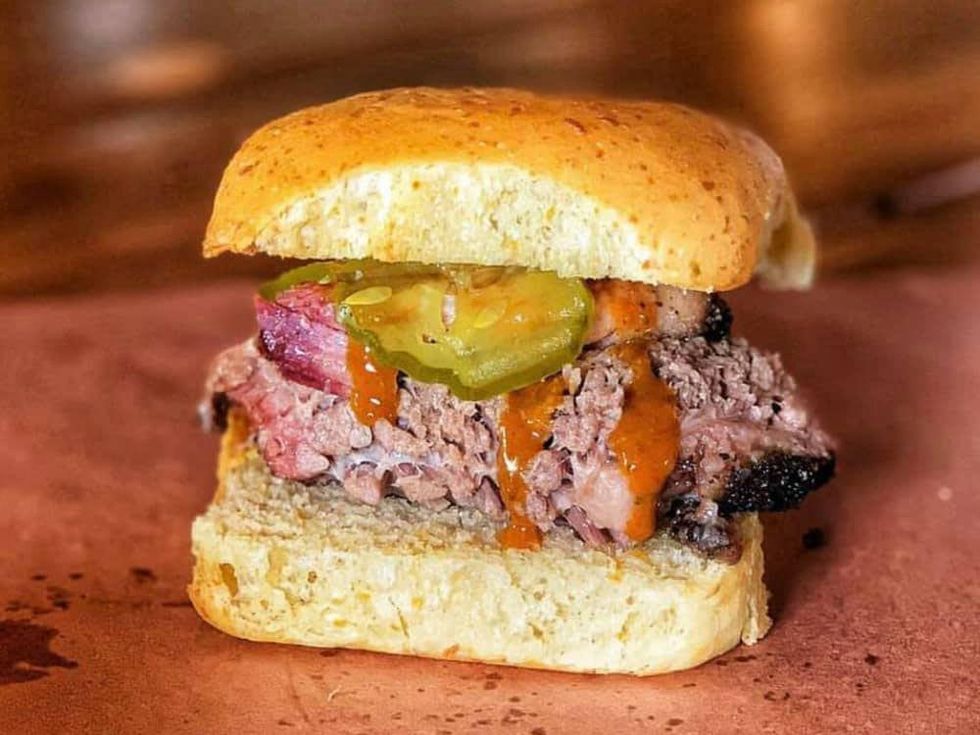Groundbreaking New Restaurant
Brace yourself for the latest foodie obsession: New Houston restaurant to fill culinary void
Pork belly is passe. Food trucks are so 2012. What's the latest object of foodie obsession?
Ramen, as in Japanese noodle soup that's been carefully prepared for hours, not the 30-cent packets from a grocery store. Ah, but where to go in Houston for a bowl of hot, steaming noodles with all the trimmings?
Despite the city's plethora of restaurants devoted to serving pho, Houston lacks a dedicated ramen shop, but a former sushi chef wants to change that.
Chen says that at other restaurants ramen "is like a side item. Here, we're going to focus on it."
Set to open next month at 11181 Westheimer, Ramen Jin will be Houston's first restaurant to focus on ramen. Not a sushi restaurant that also serves ramen. Not an izakaya with ramen, shareable plates and an extensive cocktail program. Just traditional, Japanese ramen.
Owner Brian Chen is a Dulles High School grad who spent over 10 years as a sushi chef. Prior to moving back to Houston, he had a restaurant in Cincinnati that served both Thai food and sushi. Two years ago, he started studying ramen.
"I've been doing a lot of research and testing," Chen tells CultureMap.
He plans to sell four kinds of ramen: tonkotsu (pork), shoyo (soy sauce), miso and vegetarian. Once the restaurant has established itself, he may add a curry broth.
Ramen is "very popular in California and New York, (but) a lot of chefs don't think Houstonians know enough about it," Chen says. However, given its success in other cities, including Ramen Tatsu-ya in Austin, he thinks the time is right to bring ramen to Houston.
Chen says that at other restaurants ramen "is like a side item. Here, we're going to focus on it." He claims that other Japanese restaurants use concentrated soup paste as a base for their broth, but Ramen Jin will make stock everyday.
"I'll use all kinds of bones," he says. "I will cook the soup one day and use it the next day. (That process) will bring out the richness from the bones.
"I've been testing (recipes) with my chef. We're trying to figure out which ingredients (and in what proportions) to pick. You have to figure out how much sea salt, garlic oil, (and other ingredients) to make it your style."
While Inner Loopers may be reluctant to travel outside the Beltway, Chen feels confident that he's picked the right location. "At first I wanted to pick Montrose, but I couldn't find a good spot," he says, citing a lack of options with reasonable parking. In Westchase, there's a "big Japanese population in the area," who patronize businesses such as restaurant/karaoke bar Genji and grocery store Nippon Daido.
As for the space itself, Chen decorated the 36-seat restaurant with reclaimed wood. Diners will order from a counter adjacent to the open kitchen and won't be expected to tip. "I wanted a barn feeling, a vintage feel," Chen says. "Traditional Japanese ramen restaurants use wood. Noodles and wood are a good combination."
Chen is still trying to determine exactly what hours Ramen Jin will be open, but the restaurant will definitely serve lunch and dinner. Whether it stays open late or not will depend on demand.
If the enthusiastic response to the city's first attempts at ramen are any indication, making enough soup to meet the demand will be Chen's biggest problem.
